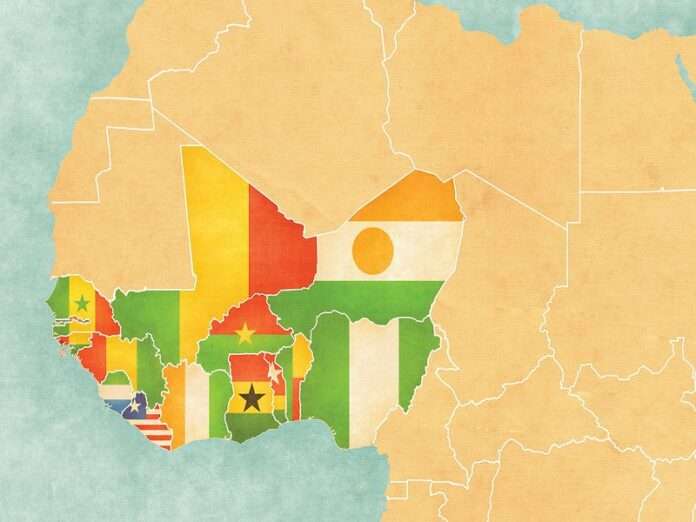Last month’s patriotic military coup in Niger divided not just ECOWAS, but also ECOWAS and the AU after the former has continued preparing for a possibly Nigerian-led invasion of that country despite the latter’s Peace & Security Council opposing this scenario. Their rift was predictable, however, since each group has separate interests. Moreover, even though the African Continental Free Trade Area (AfCFTA) came into effect in mid-2019, Africa remains much less politically united than Europe and other regions.
ECOWAS is split on this issue since its suspended military-led members are naturally against their regional bloc invading fellow military-led Niger while its active non-military-led ones are in support of this. The first faction fears that it could set the precedent for eventually invading them too, plus they’re concerned about this repeating the Libyan scenario and leading to an explosion of terrorist threats. As for the second faction, they claim to be “defending democracy”, but really have ulterior motives.
To briefly elaborate, these countries fear the precedent that’s been set by failing to punish military-led members because it could make potential coup plotters within their own armed forces think that they could also largely get away scot-free if they too overthrow their governments one day. There’s also the influence of extra-regional players to consider as well, particularly France and the US to a lesser extent, which could exploit ECOWAS as their New Cold War proxies for enforcing the “rules-based order”.
Regarding the AU, it always opposes coups out of principle and usually backs regional blocs’ preferred solutions, but this time it appears to be influenced by fears of the Libyan scenario repeating itself. Additionally, it also can’t be discounted that some of its members might suspect that ECOWAS is being exploited by extra-regional players to advance their geopolitical interests at Africa’s expense. These calculations curiously place it on the same side as its suspended West African members.
The AU-ECOWAS rift was inevitable for the abovementioned reasons, but many well-intended supporters of multipolarity might have wishfully thought otherwise in the hopes that there’d be unity on this issue. That was always a fantasy, however, since there are too many competing interests at the continental and regional levels on this divisive issue for there to have ever been any realistic chance of EU-like unity. If ECOWAS ultimately invades Niger, then these two’s differences could reach crisis proportions.
The AU would be forced into a dilemma whereby it would have to decide whether to punish those members to deter future such defiance of their top council’s will or look the other way to avoid further weakening continental unity. The first option could create a serious geopolitical cleavage that might subsequently be exploited by extra-regional players to maximally divide-and-rule Africa while the second could encourage other regional blocs to follow in ECOWAS’ footsteps by similarly defying the AU.
Continental unity would be massively damaged either way, which is why the AU hopes that ECOWAS won’t place it in this unenviable position by invading Niger, but it’s also true that the damage that’s already been inflicted by the AU-ECOWAS rift isn’t minor. In fact, their newfound divisions over Niger show that the perception of continental unity prior to last month’s patriotic military coup was illusory. Whatever ends up happening, Africa still has a long way to go before its unity approaches EU-like levels.







